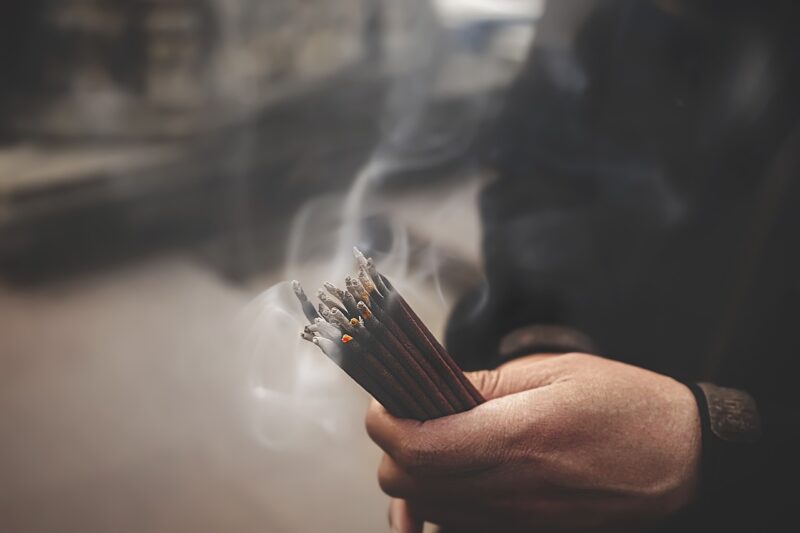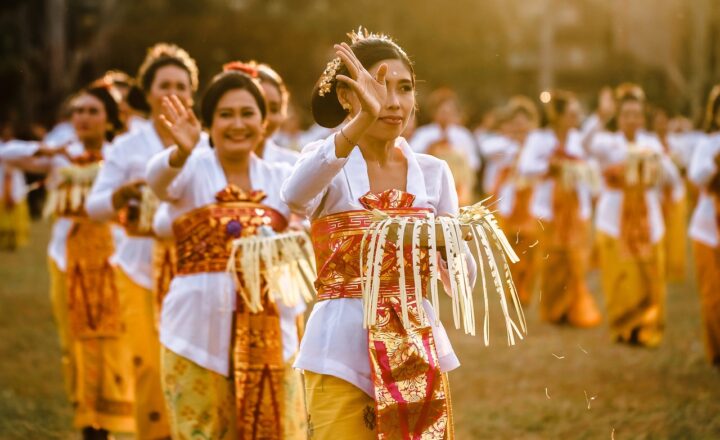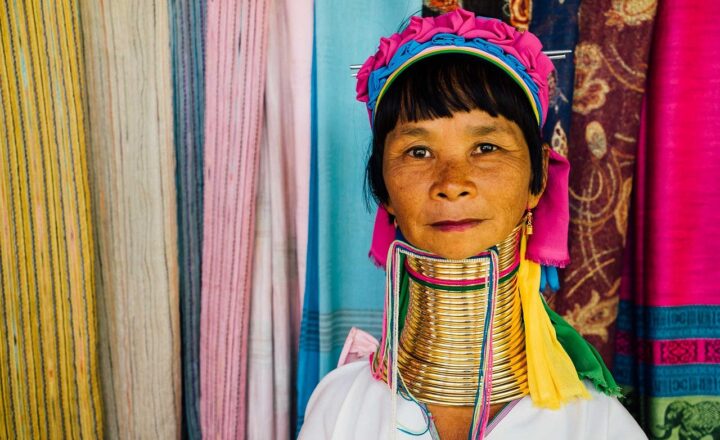The Strangest Rituals in Ancient Cultures and How They Shaped Modern Traditions Across the World
November 17, 2024

Rituals have always served as a mirror reflecting the beliefs, values, and customs of societies throughout history. While many rituals have been handed down through generations, others have transformed or faded into obscurity. This article explores some of the strangest rituals from ancient cultures and illustrates how they have influenced contemporary practices, enhancing our understanding of humanity’s evolving relationship with tradition and the divine.
1. The Unusual Rituals of Ancient Egypt
Ancient Egypt is renowned for its elaborate rituals surrounding death and the afterlife. One of the most noteworthy rituals was the “Opening of the Mouth” ceremony, performed on mummies to ensure the deceased could eat, speak, breathe, and function in the afterlife.
This ritual involved a priest using a ceremonial tool, sometimes resembling a short wand, to touch the mouth and other parts of the body of the deceased. This act was believed to awaken the dead and was integral to the ancient Egyptian belief in immortality.
The influence of these practices can be seen today in various cultures around the world, which still hold elaborate funeral rites to honor the dead, reinforcing the connection between life, death, and the beliefs about what may come after.
2. The Ancient Greeks and the Cult of Dionysus
The Greeks celebrated a deity who represented wine, fertility, and revelry: Dionysus. One of the most unusual rituals was the Bacchanalia, a series of festivals featuring ecstatic worship, music, and dances that often culminated in frenzied behaviors, shedding the constraints of society.
Participants would engage in wild acts, allowing the spirit of Dionysus to flow through them. Such rites were believed to liberate individuals from their daily lives, providing a temporary glimpse of freedom and connection to nature.
Today, many western societies celebrate similar festivals that embrace themes of freedom and escape, whether it be through music festivals or carnivals, reflecting these ancient traditions that challenged societal norms.
3. The Maya Bloodletting Rituals
Among the ancient Maya, bloodletting was a practice intended to communicate with the gods and ensure blessings for the community. Nobles would pierce their bodies with objects such as thorned ropes to offer their blood as a sacred sacrifice. This was believed to keep the universe in balance, ensuring favorable weather and crop yields.
The act of bloodletting in Maya culture carried significant meaning; it was not seen as mere pain but as a pathway to transcendence and spiritual elevation. Today, some cultures maintain practices of offerings to nature, showing respect for their environment, and echoing the Maya’s deep connection with divine forces and fertility.
4. The Ancient Romans and Saturnalia
Saturnalia, a winter festival honoring the agricultural god Saturn, brought about revelry unlike any other ancient Roman festival. For one week in December, social norms were turned upside down. Slaves were temporarily freed, and roles were reversed between masters and servants, allowing for a sense of equality and merriment.
During this time, people exchanged gifts, feasted, and engaged in games, embodying a spirit of community and joy. This festival has inspired modern Christmas celebrations, where themes of generosity, revelry, and communal gatherings are central components of the holiday spirit.
5. The Ritual of the Japanese Tea Ceremony
The Japanese tea ceremony, although not strange in a contemporary sense, is steeped in historical practices that elevate the mundane to sacred. Originally influenced by Zen Buddhism, the ritual falls under the category of “chanoyu,” meaning “the way of tea.” It emphasizes aesthetics, spirituality, and the importance of hospitality.
Each movement is deliberate, symbolizing peace and tranquility amidst a chaotic world. The influence of this ritual can be seen worldwide, as many cultures adopt similar practices focused on mindfulness and intentionality in daily routines, reinforcing the need for connection with oneself and others.
6. The Bahamian Junkanoo Festival
Originating from the Caribbean, the Junkanoo festival, celebrated primarily in the Bahamas, has roots intertwined with African slavery and emancipation. Colorful costumes, rhythmic music, and energetic dance characterize this spirited celebration, historically serving as a form of resistance against oppression while simultaneously connecting the community.
Modern iterations retain strong influences from African cultural traditions, showcasing creativity, community pride, and resilience. This festival’s revival and acknowledgment reflect how ancient practices can inform present-day celebrations to reclaim history and culture through joyous expression.
Conclusion: The Eternal Thread of Tradition
Rituals, no matter how strange they may seem to contemporary observers, play a vital role in forging connections between individuals and their history. From ancient Egypt to the lush gardens of modern Japan, these peculiar traditions highlight humanity’s unyielding quest for connection, understanding, and expression. By examining these rituals, we gain insight into not only the societies that practiced them but also the evolving nature of our own traditions.
As we continue to celebrate various customs today, we bridge the gap between the ancient and the contemporary, further enriching the tapestry of human experience that binds us all together across time and geography.






